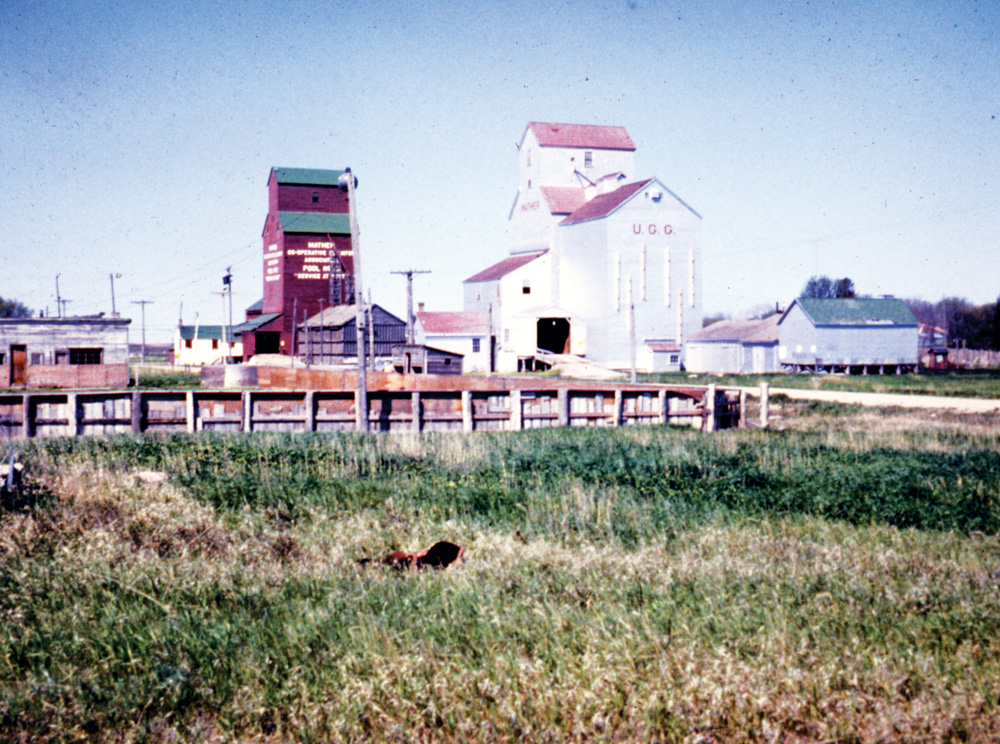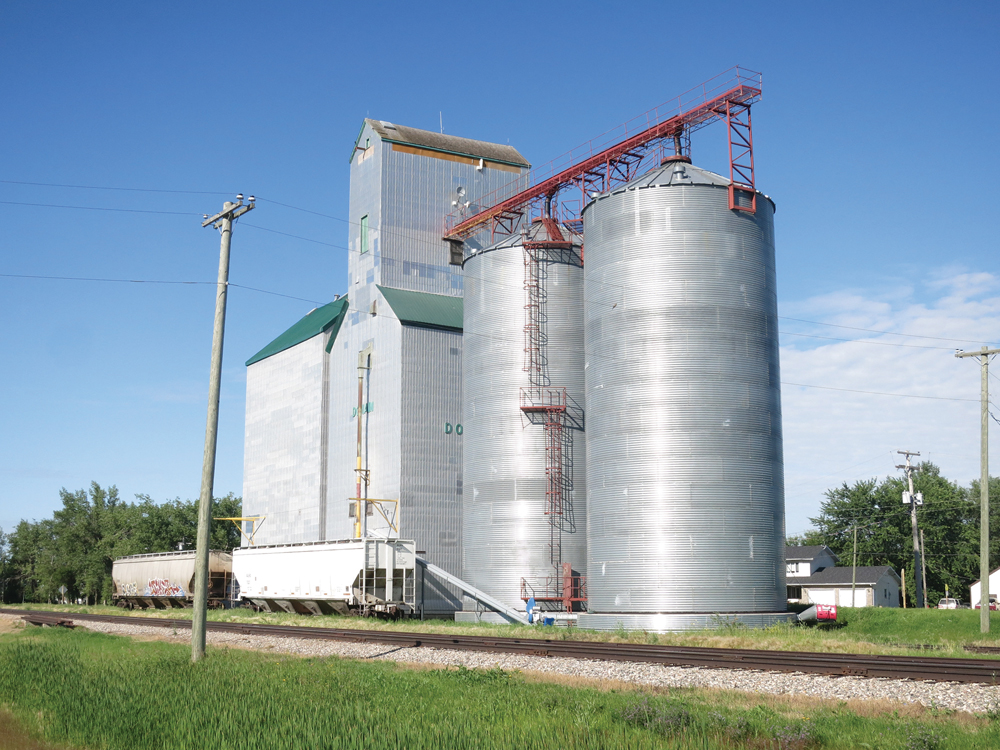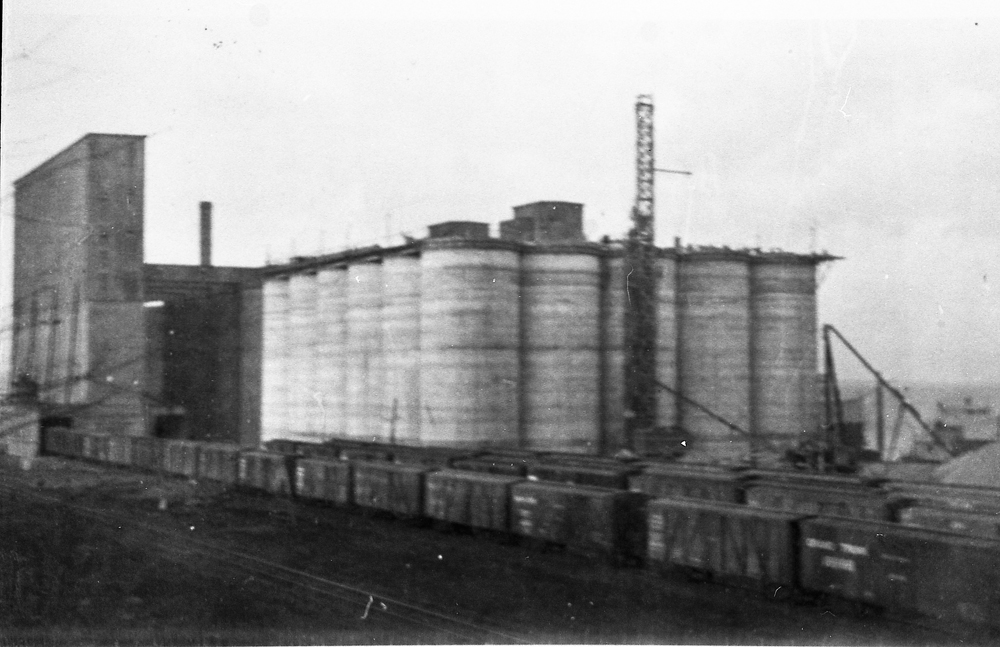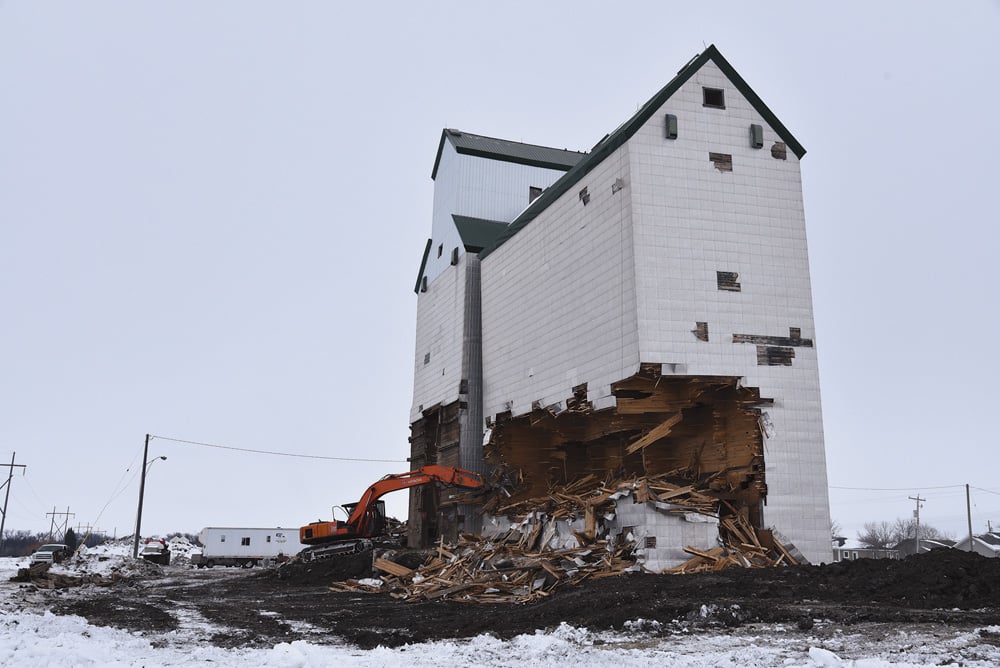J Neufeld didn’t intend to start an environmentally sustainable business when he and Grant Dyck launched Wood Anchor in 2005 — he just loved the look and texture of reclaimed wood.
He’s now a passionate advocate of both sustainability and repurposed timber, and has made unique furniture and architectural products out of everything from downed elm trees to old grain elevators.
“We’ve got a product that architects are excited about using, and we get to do a lot of very interesting projects,” he said.
Read Also

Manitoba sunflower plant gets local owners
Scoular’s sunflower and bird feed plant in Winkler, Man., bought by Orenda Commodity Services Ltd. out of Ste. Agathe.
This fall, Wood Anchor beat out four other Manitoba companies to win Manitoba Environmental Industries Association’s Green Dragon Lair Award, for the way the business diverts biomass from the landfill. And earlier this month, the province gave it a $25,000 grant from its Waste Reduction and Pollution Prevention Fund, which has awarded $154,793 to 13 projects this year.
“Taking wood destined for the landfill and turning it into beautiful flooring and furniture is an innovative way to recycle,” said Conservation Minister Dave Chomiak.
Wood Anchor will use the money to increase hiring.
The company’s reclaimed wood was featured in several high-profile building projects this year, including the new children’s garden and family centre in Assiniboine Park in Winnipeg. Wood Anchor also provided benches to the new Richardson International Airport.
The company has its workshop and yard at Winnipeg’s Brady Road Landfill because it doesn’t want to inadvertently spread elm bark beetles — which carry fungus that causes Dutch elm disease. The company has a 20-year contract to dispose of all species of trees felled by the city of Winnipeg, but just because someone else does the chopping, it doesn’t mean reclaiming the wood is easy.
“When you’re dealing with elm trees there are nails and metal inside the trees,” said Neufeld. “Some guy 100 years ago put a nail up and the tree grew around it, so you kind of find them by accident at the sawmill.”
All milling is done on site using an outdoor sawmill, equipped with blades with replaceable teeth so each long-lost nail doesn’t result in buying a new $4,000 saw blade.
Once the timber is cut, it is kiln dried.
When it comes to grain elevators, Wood Anchor moves in after a company or farmer has knocked the building over.
“The quality can really vary with the elevators. Some of the old grain elevators, which there aren’t very many of these days, are all fir, a really strong hardwood,” said Neufeld. “The more modern grain elevators — modern meaning the 1950s, ’60s — these are spruce typically, so not as strong.”
The entrepreneur also salvages the floorboards of old boxcars, warehouses, churches and homes.
Prior to Wood Anchor, Neufeld was using reclaimed wood for his custom furnishing business, Further. Founded in 1998, Further specializes in custom millwork and is now supplied by Wood Anchor.
With seven employees on site, the business is working to expand into the biomass field as well, chipping up unused wood for fuel.
“Developing a market for that is a bit tricky right now,” he said.
Low hydro and gas rates are a disincentive for switching to alternative heating fuels, but Neufeld hopes to develop a market for commercial boiler systems, like those used in greenhouses.
















